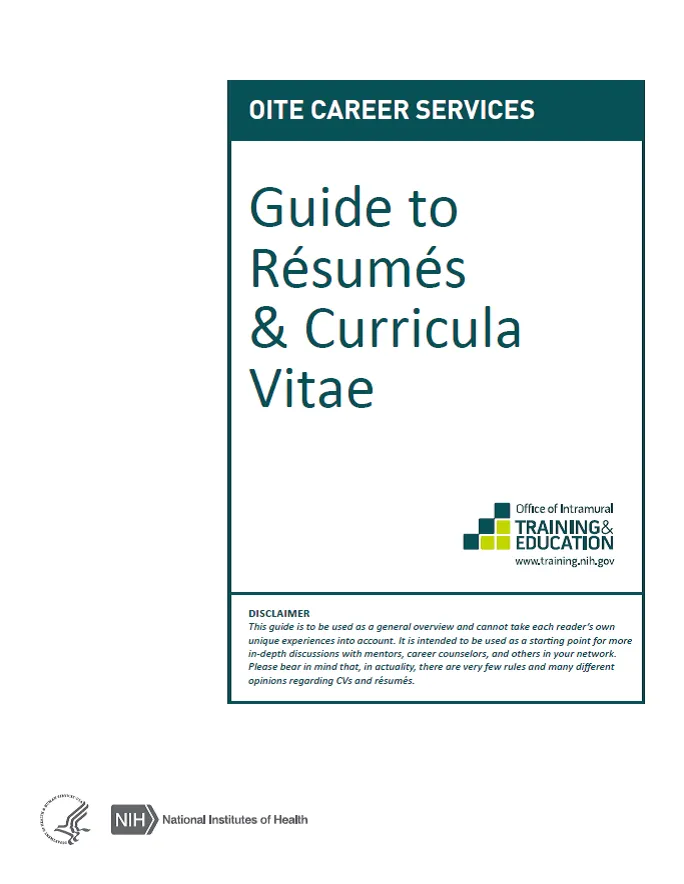Everybody seems busy today. In fact, according to an op-ed in the New York Times, many Americans are addicted to this ‘busy trap.’ Guilt and anxiety seem to arise if you aren’t managing multiple projects at once. Because of this daily grind – self-imposed or not – many aren’t able to find time to plan and strategize their career development. Most job seekers lament that there just aren’t enough hours in the day.
How then can you take back control and find the time that is needed in order to effectively accomplish your goals?
Keep a Time Journal
If you wonder at the end of your day why your ‘To Do’ list is not complete, then you should analyze your day. There are bound to be projects that take longer than expected and you will undoubtedly have demands placed upon you from others during your workday; however, these factors shouldn’t impact your ability to find time for your truly important tasks. Being cognizant of how your time is spent is the first step in identifying potential areas for improvement.
Be Proactive, Not Reactive
Research from the University of California, Irvine showed that professional are interrupted every 11 minutes and on average it takes them 23 minutes to get back on task. One of, if not the biggest, interrupters at work is email. So, unless you want to spend your workday reacting to other people’s priorities, it will be important to implement some new time-saving strategies, including:
- Start your day offline.
For many, this will be a tough habit to break. Checking work email is often one of the first tasks in any given day; however, take ten minutes at the start of your day to check your daily goals and tasks in order to maximize your workday.
- Check your email on a schedule.
One email can pull you in; later, you find yourself two hours behind. Eliminate the distraction by shutting down your inbox entirely. It could help to silence the pings from your smartphone as well. The goal here is not an entire day of email radio silence, but a more systematic approach to the way you check email. Perhaps you only need to check it on the hour and allot yourself fifteen minutes to do so. Hopefully, implementing your own structure will help you feel more in control of your inbox and your time.
Take Time Off
It might seem counterintuitive, but taking time off to relax and recharge will actually help you to be more focused and productive when you are at work. The problem is that many employees don’t take advantage of paid time off. More than 40% of Americans who receive paid time off didn’t take advantage of their full benefits. Add this to the fact that about 1 in 4 Americans doesn’t have a job where they get paid time off. Whether self-imposed or employer-imposed, not taking enough time off has a direct impact on your time management and overall work performance. Bear this fact in mind as we approach the holiday season.
Effective time management is all about planning for the future, setting goals, prioritizing tasks and actually monitoring all of these factors. Time management skills need to be continually practiced so don’t waste any more time and start implementing some of your own strategies today. What has worked for you? Comment below with other tried and true time management tips.


